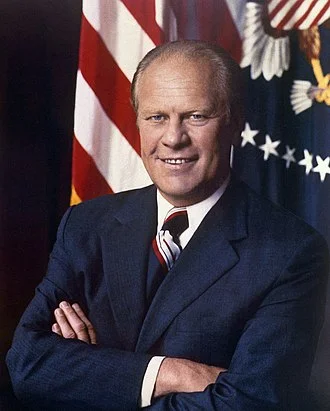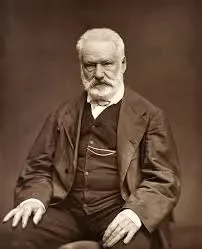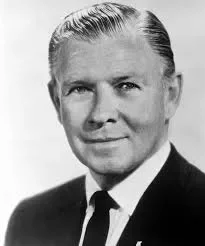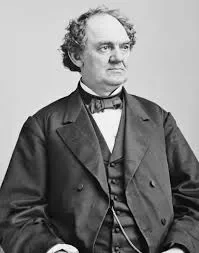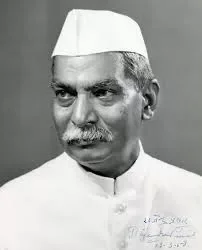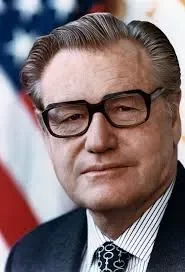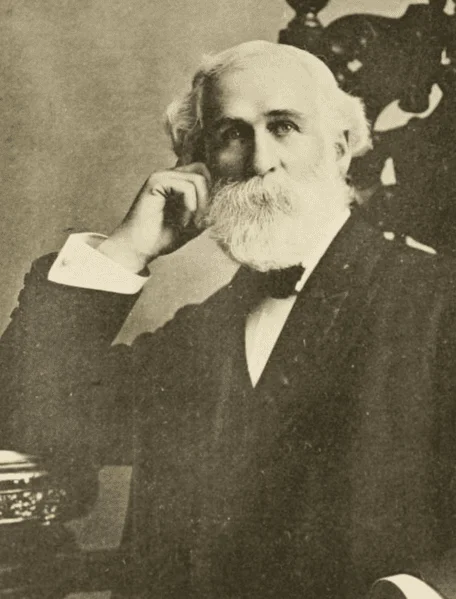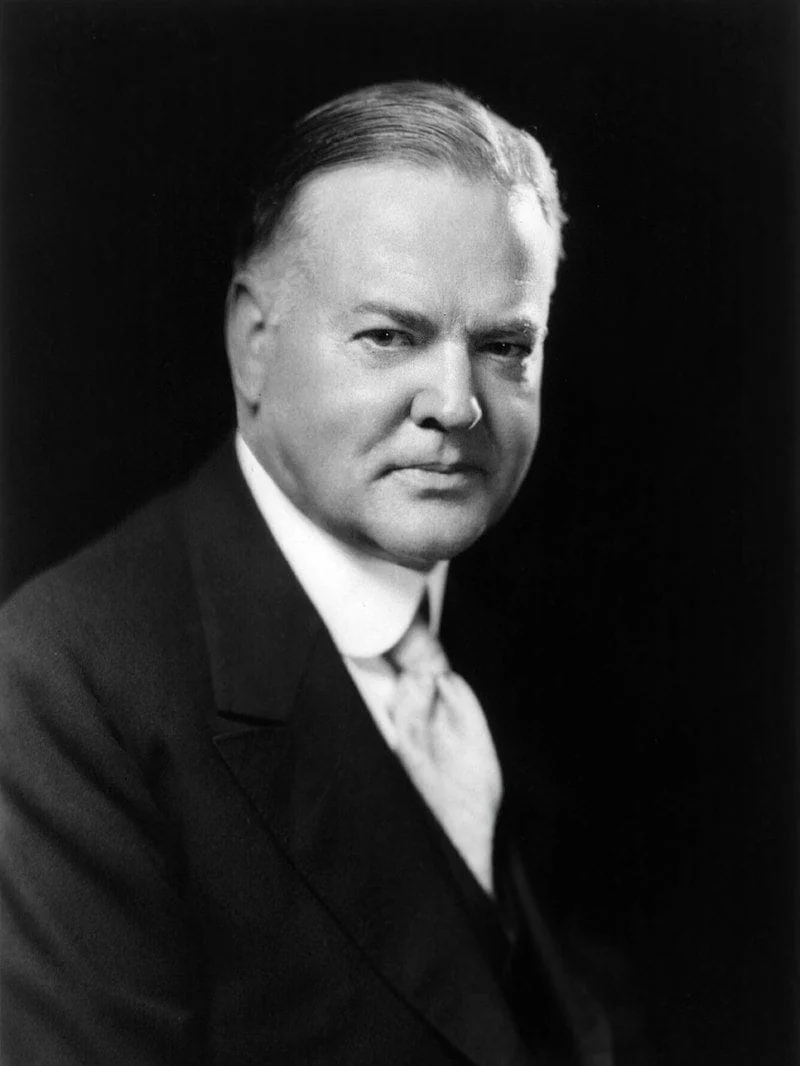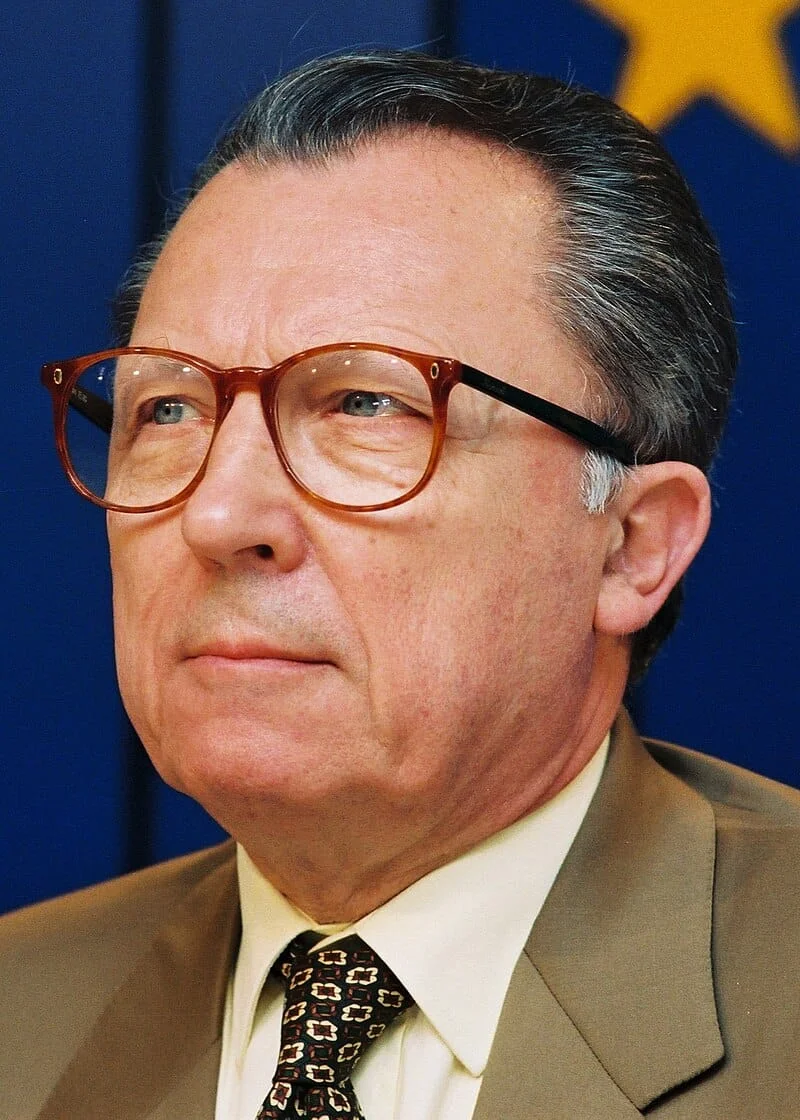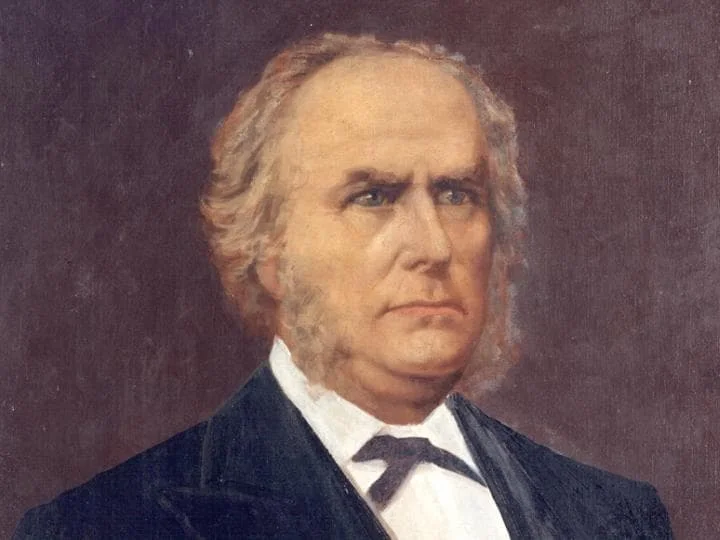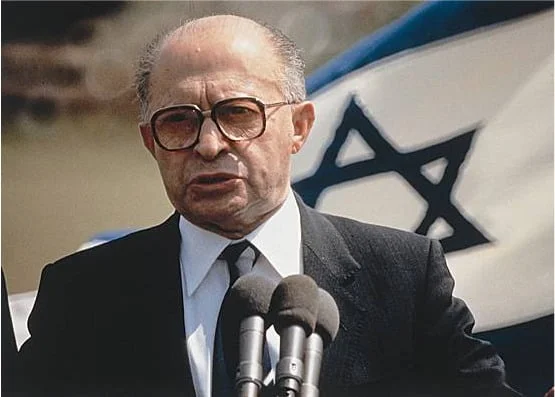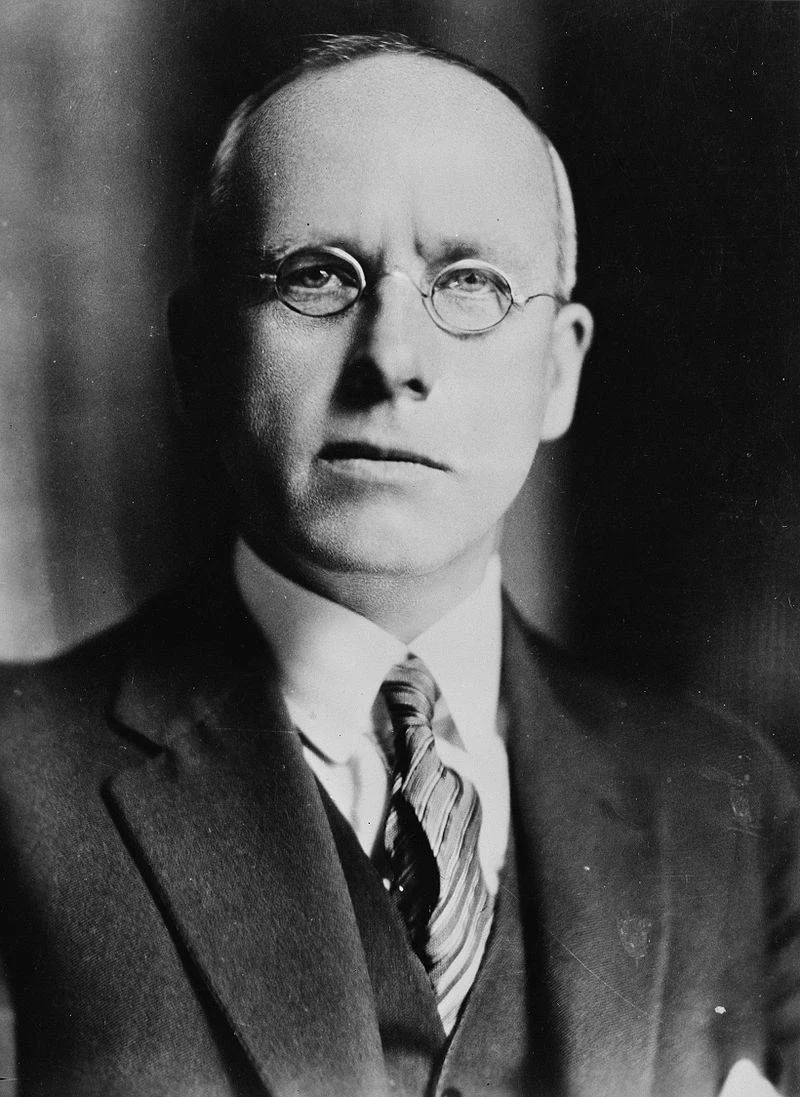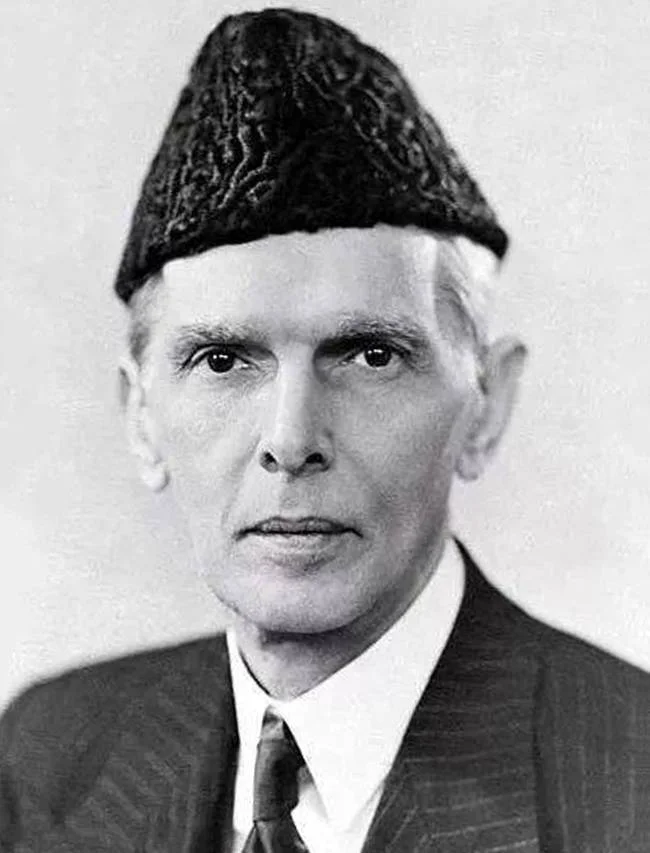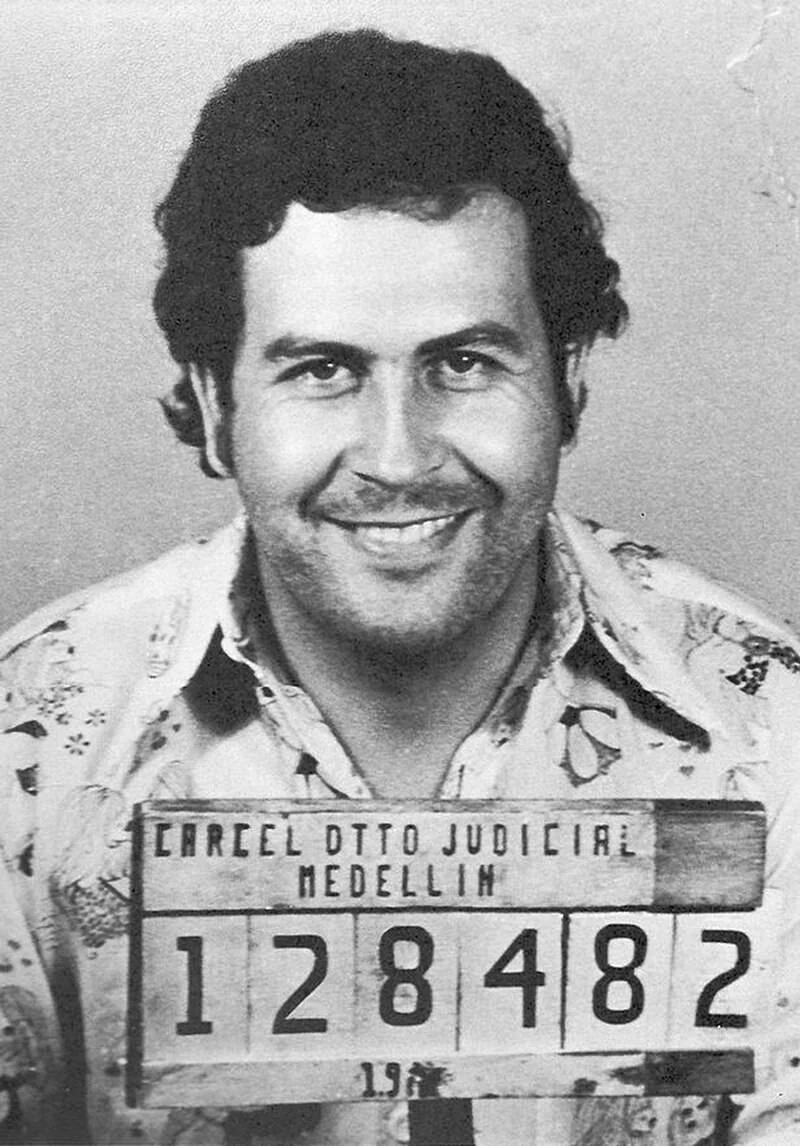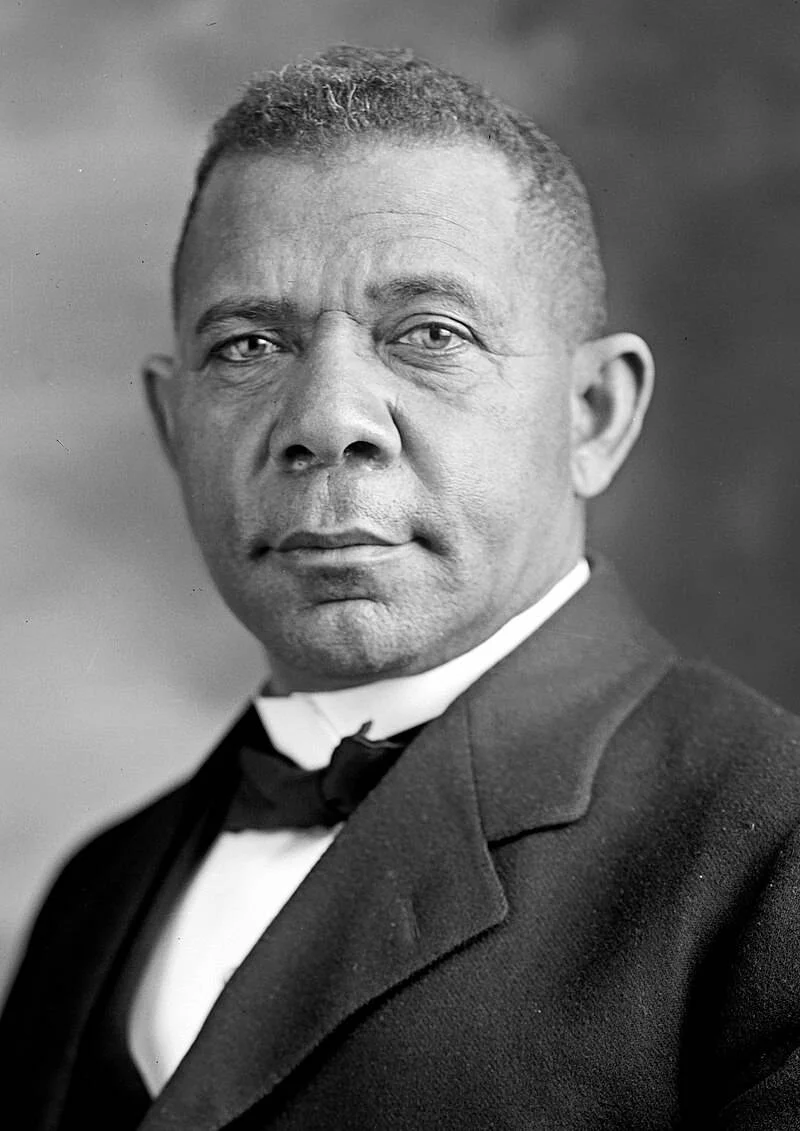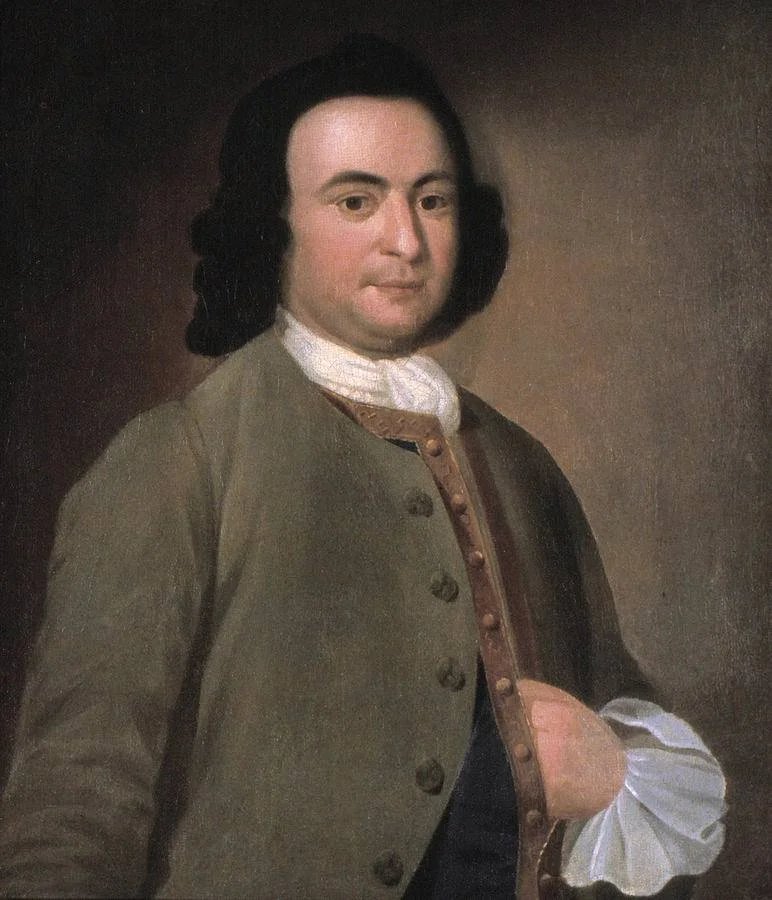Real Celebrities Never Die!
OR
Search For Past Celebrities Whose Birthday You Share
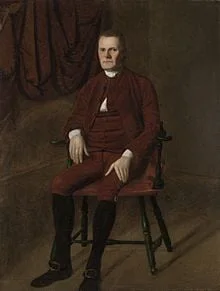
source:wikimedia.org
Roger Sherman
Birthday:
19 Apr, 1721
Date of Death:
23 Jul, 1793
Cause of death:
Typhoid fever
Nationality:
America
Famous As:
Judge
Age at the time of death:
72
Roger Sherman's Quote's
Roger Sherman: A Quiet Architect of the American Revolution
The American Revolution and the birth of the nation relied heavily on Roger Sherman, a less celebrated Founding Father but a crucial unifying force. His quiet determination, pragmatic mind, and willingness to compromise played a pivotal role in securing independence, crafting a workable Constitution, and shaping the early American republic.
Humble Beginnings
Born in Newton, Massachusetts, on April 19, 1721, Sherman’s life began humbly. Despite limited formal education, he apprenticed as a shoemaker and immersed himself in self-study, developing a keen mind for law and politics. By 1743, he moved to Connecticut, where his sharp intellect and dedication earned him positions as land surveyor, lawyer, and judge. He ascended the political ranks, serving in the Connecticut Assembly and later becoming a delegate to the First and Second Continental Congresses.
Family Life and Personal Values
Roger Sherman married Elizabeth Hartwell in 1749, and the couple had seven children. Despite a demanding political career, Sherman maintained a strong commitment to family life. Known for his simplicity and frugality, he lived a life characterized by dedication to public service and civic duty.
Political Career Begins
Sherman’s entrance into politics commenced with his election to the Connecticut General Assembly in 1755. His political career unfolded steadily, and he held various positions, including justice of the peace and judge of the Superior Court.
A Champion of Compromise
Sherman’s contributions went beyond fiery speeches and revolutionary zeal. He possessed a rare ability to bridge ideological divides and find common ground. A champion of compromise, he was instrumental in forging the Continental Association, a precursor to the Declaration of Independence, that united the colonies against British rule.
Role in Drafting the Declaration of Independence
During the Continental Congress, Roger Sherman was a key figure in drafting the Declaration of Independence. His keen legal mind ensured the document’s clarity and precision, making it a cornerstone of American political thought.
The Connecticut Compromise
Following the Revolutionary War, Sherman’s pragmatic approach proved invaluable in crafting a framework for the new nation. He played a central role in the Constitutional Convention of 1787, where his signature “Connecticut Compromise” reconciled the differing interests of large and small states, paving the way for a bicameral legislature.
Contributions Beyond Politics
Sherman’s influence extended beyond the political arena. He served as Mayor of New Haven, Treasurer of Yale College, and a Justice of the Connecticut Supreme Court. Throughout his life, he remained committed to education and civic duty, leaving a lasting legacy on the development of American institutions.
The Only Signer of Four Foundational Documents
Sherman’s quiet tenacity and unwavering commitment to unity earned him the respect and admiration of his contemporaries. He was the only individual to sign all four of the nation’s foundational documents: the Continental Association, the Declaration of Independence, the Articles of Confederation, and the Constitution.
Legacy of Reason and Compromise
Sherman’s legacy, however, extends beyond his signatures. He stands as a symbol of reason, compromise, and pragmatism in American political history. His ability to find common ground in the face of seemingly insurmountable differences remains a crucial lesson for future generations grappling with complex challenges.
Passing and Enduring Impact
Roger Sherman passed away on July 23, 1793, in New Haven, Connecticut. His death marked the end of a life dedicated to public service and the advancement of the principles upon which the United States was founded.
Conclusion: A Testament to Quiet Determination
Roger Sherman’s story is a testament to the power of quiet determination and the importance of compromise in building a nation. Though his name may not be as widely recognized as others, his contributions to American history remain profound and enduring. Let us remember him not just as a signer of documents, but as a founding father who, through his unwavering dedication and pragmatic spirit, helped lay the groundwork for a more perfect union.
Name:
Roger Sherman
Popular Name:
Roger Sherman
Gender:
Male
Cause of Death:
Typhoid fever
Spouse:
Place of Birth:
Newton, Province of Massachusetts
Place of Death:
New Haven, Connecticut, U.S.
Occupation / Profession:
Personality Type
Executive: Excellent administrators, unsurpassed at managing things or people. He had excellent administrative capabilities.
A statue of Sherman stands in Statuary Hall in the United States Capitol, representing the state of Connecticut.
Despite his significant contributions, Sherman is often overshadowed by more flamboyant Founding Fathers like George Washington and Thomas Jefferson.
He was a devout Puritan and believed in the importance of morality in government.
Sherman was a self-taught lawyer who rose to become one of the most prominent legal minds of his time.
Instrumental in developing the Connecticut Compromise at the Constitutional Convention
Key figure in crafting the Continental Association and the Declaration of Independence
Roger Sherman was known as one of the founding Fathers of the United States.
Signed all four foundational documents of the United States

